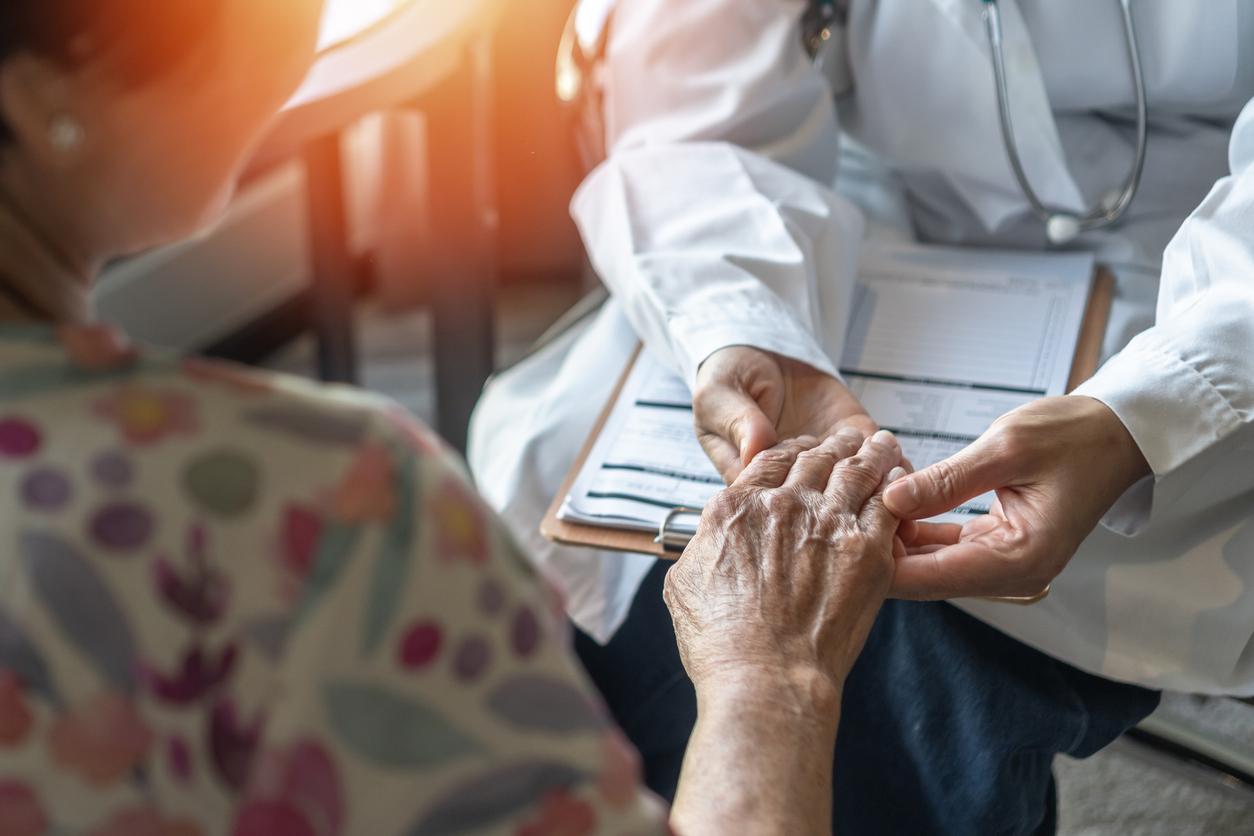
Fatigue, sleep disorders, depression, but also Parkinson’s or Alzheimer’s, the voice is a valuable indicator for determining the general state of health of a person. The brain is based on various clues showing that our interlocutor is not doing well.
Non-verbal communication as a clue
A person’s speech is not the only clue that your brain uses to analyze the state of health of your interlocutor. The human brain records the content of the conversation, but also the non-verbal, the ” container », That is to say the voice. Our brain analyzes various parameters: on the one hand, acoustic parameters (voice quality, frequency, energy, nasality, amplitude) or “ prosodic »(Duration of vowels, speed of speech, length of pauses) which reflect the rhythm of the speaker’s speech, pronunciation and articulation.
Data informing about potential diseases
Artificial intelligence algorithms make it possible to diagnose the state of health as well as various neurodegenerative diseases such as Parkinson’s or Alzheimer’s diseases. This system is based on voice to classify patients into various categories: “ healthy subject ” and “ sick patient “. Voice markers are recorded and compared to the participants, making it possible to identify several pathologies. Deep learning, or ” deep learning Is a more modern approach that allows you to be even more precise. For example, the classification score of 74.0% for depression. This high value indicates a high probability that the result is correct / positive.
The voice, altered with the disease, allows rapid diagnosis. In fact, in 2011, a team from the University of Prague carried out a study analyzing the voice of patients with Parkinson’s disease. Result: Scientists managed to achieve a score of 85.02% correct classification. They measured various vocal markers: a ” noise to harmonics ratio “, Evaluating the” purity »Of the voice; the number of intensity drops per second; a marker measuring the correctness of the articulation and the standard deviation of the fundamental frequency of the voice. The patients’ voices were therefore less clear, with a decrease in intensity and reduced articulation.
An application for home monitoring
A team from the Bordeaux computer research laboratory and the SANPSY laboratory of the Bordeaux University Hospital are developing an application which would make it possible to advise patients and provide follow-up at home. A promising follow-up since an application has already offered these services during confinement, analyzing data concerning sleep and fatigue experienced by patients. This new app could detect and track user drowsiness at home, an area inaccessible to doctors, and measure the effectiveness of the app. The classification score for drowsiness is 76.4%. It is based on 22 voice tags, which are divided into 5 categories. People with drowsiness ” thus tend to lengthen the vowels, which have a frequency and an energy which vary less, with distorted “formants” and a less pure voice “.















